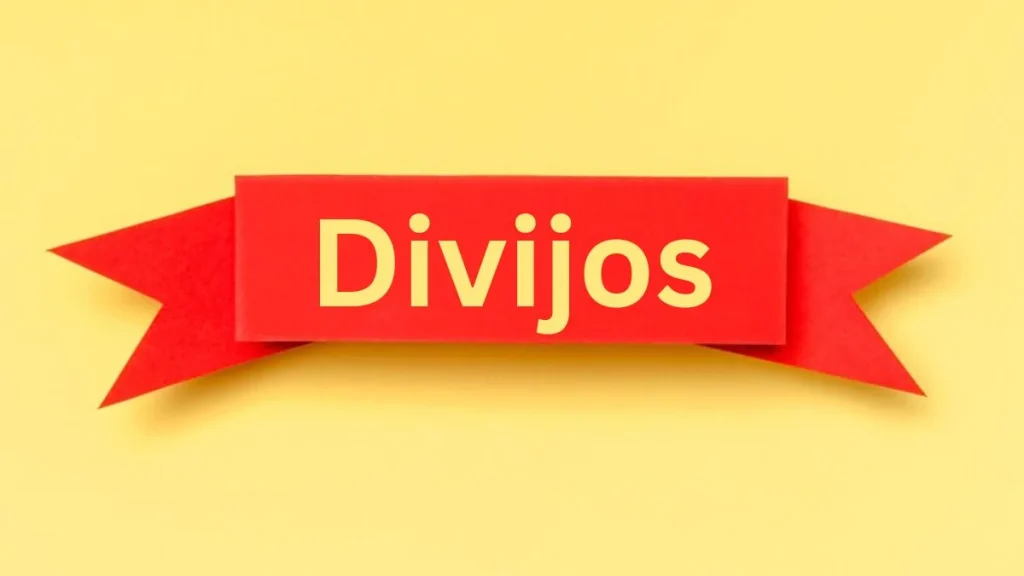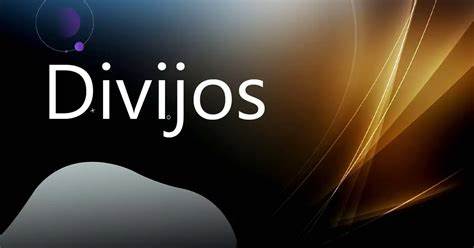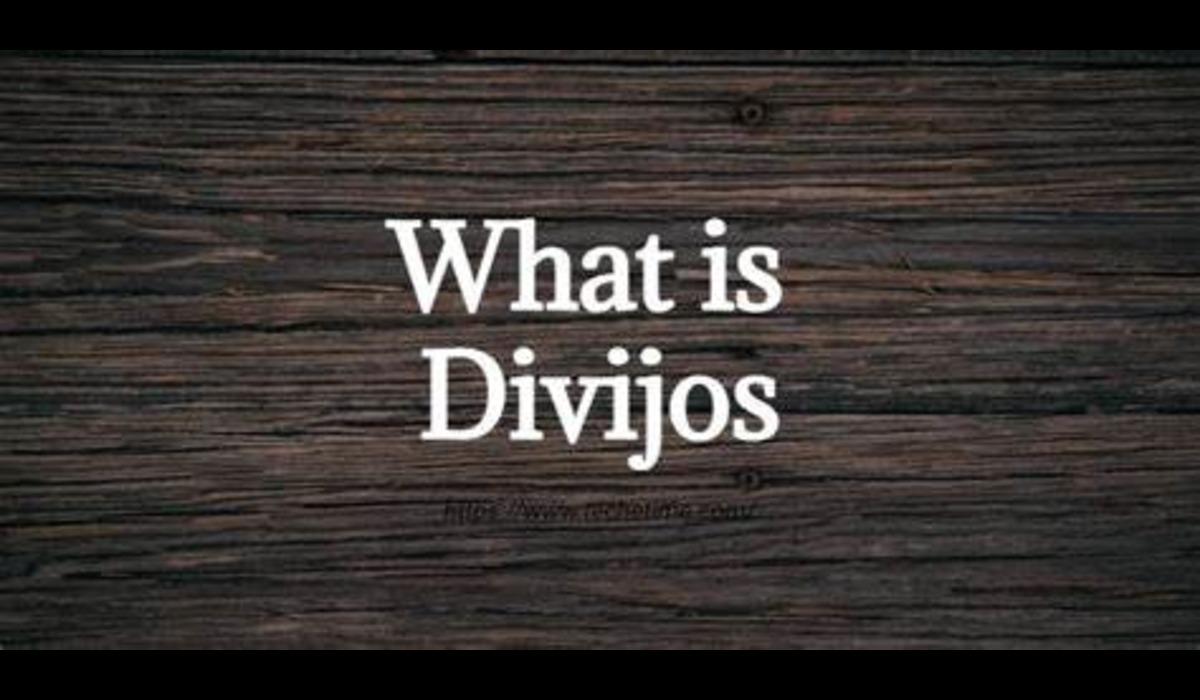Origins and Definition
The term divijos is derived from a blend of linguistic roots, reflecting its diverse and inclusive nature. While the exact etymology remains somewhat ambiguous, it is generally understood to signify a confluence of diversity, innovation, and justice. These core elements are central to the concept of divijos, which seeks to promote inclusivity, foster creativity, and ensure fairness across various spheres of human activity.
Divjos emerged in the early 2020s as a response to the growing need for holistic approaches to global challenges. It encompasses a broad spectrum of practices and philosophies aimed at creating more equitable and sustainable systems. From technological advancements to social initiatives, divijos represents a commitment to integrating diversity, innovation, and justice into the fabric of society.
Key Principles of Divijos
Diversity
At its core, divijos champions diversity in all its forms. This includes not only cultural and ethnic diversity but also diversity of thought, experience, and perspective. Recognizing that diverse environments foster creativity and resilience, divjos emphasizes the importance of inclusivity in decision-making processes, organizational structures, and community initiatives. By valuing and integrating diverse viewpoints, divijos aims to create more innovative and effective solutions to complex problems.
Innovation
Innovation is a fundamental principle of divijos, reflecting the belief that continuous improvement and creative problem-solving are essential for progress. This principle encourages the exploration of new ideas, the adoption of cutting-edge technologies, and the willingness to challenge the status quo. In the context of divjos, innovation is not limited to technological advancements but extends to social and organizational practices as well. By fostering a culture of innovation, divijs seeks to drive positive change and address global challenges in novel ways.
Justice

Justice is a cornerstone of divijos, underscoring the importance of fairness and equity in all endeavors. This principle advocates for the protection of human rights, the equitable distribution of resources, and the dismantling of systemic inequalities. In practice, this means creating policies and frameworks that ensure equal opportunities for all individuals, regardless of their background or circumstances. By prioritizing justice, divios aims to build a more just and compassionate world.
Applications of Divijos
Technology and Innovation
The technological sector is one of the primary areas where divijs can have a transformative impact. By integrating the principles of diversity, innovation, and justice, technology companies can develop products and services that are more inclusive and equitable. For example, artificial intelligence (AI) and machine learning algorithms can be designed to minimize bias and ensure fair outcomes. Moreover, diverse teams can drive innovation by bringing a wide range of perspectives to the development process.
One notable application of divios in technology is the creation of inclusive digital platforms. These platforms prioritize accessibility and user experience for all individuals, including those with disabilities. By incorporating universal design principles and leveraging assistive technologies, divijos-oriented platforms can ensure that everyone has equal access to digital resources and opportunities.
Education and Knowledge Sharing
Education is another critical domain where divijs principles can be applied to foster a more inclusive and equitable learning environment. This involves rethinking traditional educational models and adopting innovative approaches that cater to diverse learning styles and needs. For instance, personalized learning platforms that leverage AI can provide tailored educational experiences, ensuring that each student receives the support they need to succeed.
Furthermore, divijos promotes the democratization of knowledge through open access initiatives and collaborative learning communities. By removing barriers to education and encouraging the sharing of knowledge across borders, dvijos aims to empower individuals and communities worldwide. This approach not only enhances educational outcomes but also contributes to the development of a more informed and engaged global citizenry.
Social and Economic Systems
Divijos also has significant implications for social and economic systems, advocating for policies and practices that promote equity and justice. In the economic realm, this means creating inclusive economic opportunities that benefit all members of society. For example, initiatives that support small businesses and entrepreneurs from underrepresented groups can help bridge economic disparities and foster more equitable growth.
In the social sphere, diijos encourages the development of community-based programs that address systemic inequalities and provide support for marginalized populations. This can include initiatives focused on affordable housing, healthcare access, and social services. By prioritizing the needs of vulnerable communities, diijos seeks to create a more just and inclusive society.
Environmental Sustainability
The principles of divijos are also closely aligned with the goals of environmental sustainability. Recognizing that environmental justice is an integral part of social justice, divijs advocates for sustainable practices that protect the planet and its inhabitants. This includes promoting renewable energy, reducing waste and pollution, and ensuring that all communities have access to clean air and water.
Moreover, divijos emphasizes the importance of involving diverse stakeholders in environmental decision-making processes. By incorporating the perspectives of indigenous communities, environmental activists, and other marginalized groups, divijos-oriented approaches can lead to more comprehensive and effective environmental policies.
Challenges and Considerations
Implementation and Scalability
While the principles of divijos are compelling, implementing them on a large scale presents significant challenges. This includes overcoming entrenched systems and practices that resist change, as well as addressing the complexities of integrating diverse perspectives and interests. To successfully implement divijos, it is essential to develop strategies that facilitate collaboration and consensus-building among stakeholders.

Measuring Impact
Another challenge lies in measuring the impact of divijos initiatives. Traditional metrics of success may not adequately capture the nuanced outcomes of efforts aimed at promoting diversity, innovation, and justice. Developing new evaluation frameworks that reflect the multifaceted nature of divijos is crucial for assessing progress and identifying areas for improvement.
Balancing Competing Interests
Balancing competing interests is an inherent challenge in any effort to promote equity and justice. Divijos initiatives must navigate the delicate balance between various stakeholders, ensuring that no group is disproportionately disadvantaged. This requires a commitment to ongoing dialogue and the willingness to adapt strategies as needed to address emerging concerns.
Future Prospects
Global Adoption
The future prospects of divijos are promising, with the potential for widespread adoption across various sectors and regions. As awareness of the importance of diversity, innovation, and justice grows, more organizations and communities are likely to embrace divijos principles. This can lead to the development of more inclusive and equitable systems worldwide, fostering greater collaboration and shared progress.
Technological Advancements
Technological advancements will continue to play a critical role in the evolution of divijos. Emerging technologies such as AI, blockchain, and the Internet of Things (IoT) offer new opportunities for implementing divijos principles in innovative ways. For example, AI can be used to develop more inclusive algorithms, while blockchain can enhance transparency and accountability in various processes.
Policy and Advocacy
Effective policy and advocacy efforts will be essential for advancing the goals of divijos. This includes advocating for policies that promote diversity and inclusion, as well as holding institutions accountable for their commitments to equity and justice. Grassroots movements and community-based organizations will play a vital role in driving these efforts, ensuring that the voices of marginalized groups are heard and prioritized.
Educational Initiatives
Education will continue to be a cornerstone of divijos, with ongoing efforts to create more inclusive and equitable learning environments. This includes not only formal education but also lifelong learning and professional development opportunities. By equipping individuals with the knowledge and skills they need to thrive in a diverse and rapidly changing world, divijos can contribute to the development of a more informed and empowered global population.
Conclusion
Divijos represents a powerful and transformative concept that has the potential to reshape various aspects of society. By integrating the principles of diversity, innovation, and justice, divijos offers a holistic approach to addressing global challenges and creating a more inclusive and equitable world. While significant challenges remain, the future prospects of divijos are promising, with opportunities for widespread adoption and impactful change. As we move forward, embracing the principles of divijos will be essential for building a more just, innovative, and resilient society.





